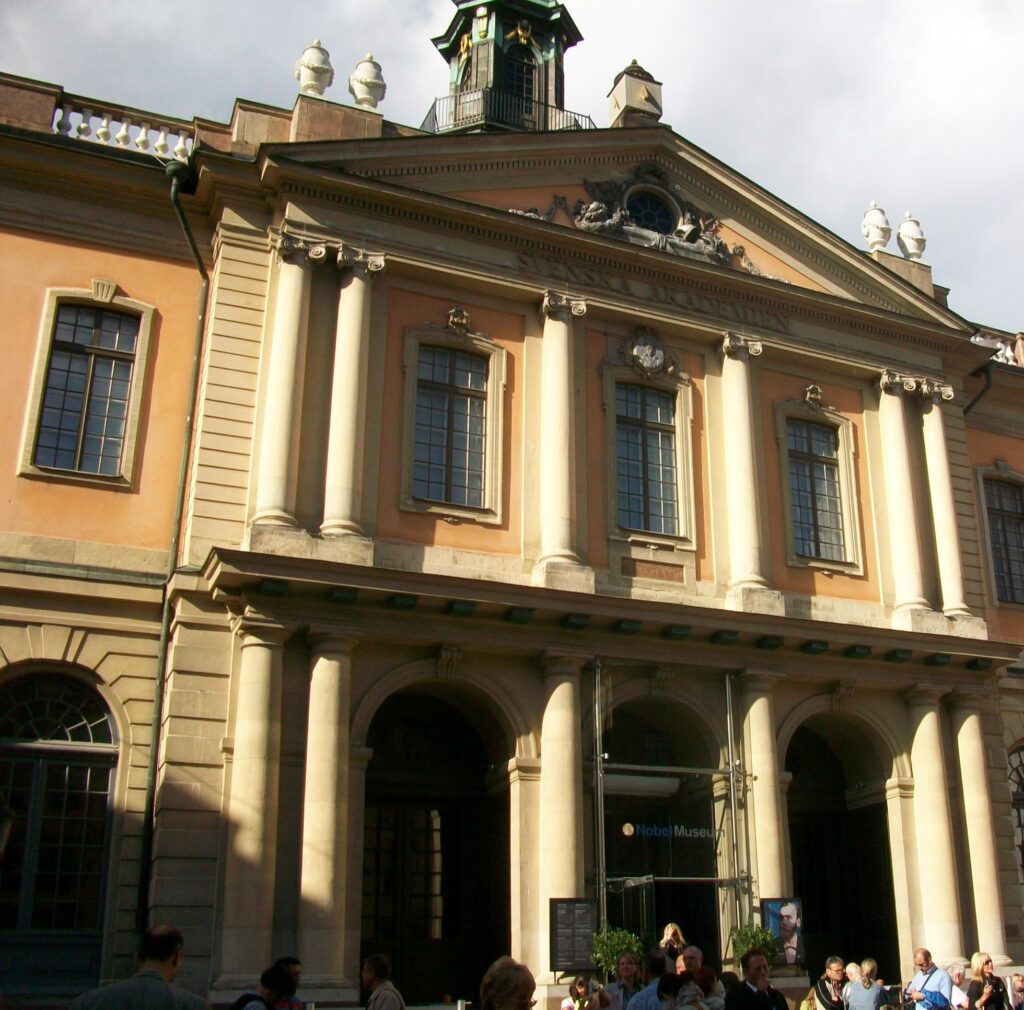Today, the topic of Artificial Intelligence (AI) and its impact on human life is ever-present in public debate and many other areas. We have been using basic forms of AI without knowing it, such as the algorithms used by social networks and Internet browsers. Lately, with the appearance of ChatGPT, Bing, Bard, Copilot, and others, many persons experience AI in a direct way
At the extremes of the debate, we find fanatical defenders of the benefits AI will bring to our lives, and ardent detractors who foretell that AI will be the end of the human species.
As with any of humanity’s new technologies or revolutionary inventions, there are evident risks and benefits.
Therefore, perhaps it is more relevant to look at ourselves instead of analyzing AI and its implications, since it is we human beings who transform a technology into something that can either lead us forward or backward in the world. And the recent dizzying advancement of AI makes this reflection more urgent.
When we don’t know ourselves, we run the risk of turning over the control and responsibility for our life to something outside of ourselves; we look for the answers in an oracle that can now be embodied by AI.

If AI can do so many things much better and faster than us, what makes us really “human”? What’s the value of being human?
Perhaps, we consider that our capacity to think, a faculty so far attributed only to human beings, can be easily surpassed. But what attitudes and feelings move our thinking?
Developing our capacity for discernment may be one of our best skills. This implies developing critical and independent thinking, which is to say, not impulsively identifying ourselves with a position or opinion without previously considering it from different perspectives.
It is easy to be carried away by polarization and become a fan of some position. It is the thought “for…” or “against….” For or against vaccines; for or against euthanasia; for or against abortion, for example.
We can surrender our discernment to the media, to experts’ opinion, to “influencers” who have a large number of followers. Our ability to question our assumptions and assertions, to ask ourselves what we are based on and what is the source of those statements, is fundamental in developing our “own” opinion.
As human beings, we tend to fall into what is known as “confirmation bias,” that is, to always find arguments and opinions that support what we believe and to reject what contradicts it.
Alert thinking involves an attitude of deep listening, which enables us to recognize when we really want to expand our understanding or learn something new, and when we are simply looking for confirmation of what we already know.
Deep listening starts from the humble attitude of recognizing that we know so little about reality. This awakens our curiosity, enabling us to open ourselves to the unknown with a genuine interest in expanding the limits of our perception and our consciousness.
The above shows us why conversations between human beings are so important. This is another essential aspect we should not lose sight of. When talking among humans, as opposed to AI, we face different outlooks on reality which generally are not trying to please us, ones which challenge and question us. Sometimes these conversations bring out our hidden emotions and can make us feel uncomfortable or unsure.
The dialogue between humans is always uncertain, and our ideas, emotions, experiences, prejudices, culture, etc. get mixed up. This mixture is precisely a trigger for human evolution; it leads us to face our personal limits. And if we are able to not run away from this, we can go beyond those limits.
Having the ability to face our ignorance, and accept the insecurity and uncertainty that this entails, is a very important step in the expansion of our consciousness.
From this point of view, accepting the challenge of human relationships is a major driving force in our evolution. Therefore, it is important to take care that technology is not a mediator in these relationships, or even worse, a barrier that makes them invisible and replaces them.
Looking at the extremes, relationships between humans can lead us to war and destruction, but we can also develop compassion, fraternity, collaboration and love.
No technology should encourage separativity. Today, we know that AI has the power to manipulate us and to worsen inequities and divisions, promoting incorrect information (fake news), misinterpretation and hate speech. This is how human weaknesses are fostered. This harm is possible through the improper use of the personal data handled by the large technological companies. So far, human beings have always decided how to use a new tool.
We could consider that a technology is good if it could support us to develop our best abilities and possibilities, and could help us to understand cultural and any other differences, and to accept them. Such a technology could train us to cooperate with other human beings in facing the challenges we have as a society. How good this would be for humanity! How many problems could find a solution!
It is in our hands to decide what path to follow, what to support and what not to. The future of human beings and of the planet will depend on our discernment and our choices. Ultimately, it will depend on how much self-consciousness we can develop, and on our ability to recognize and nurture the value of the human.








